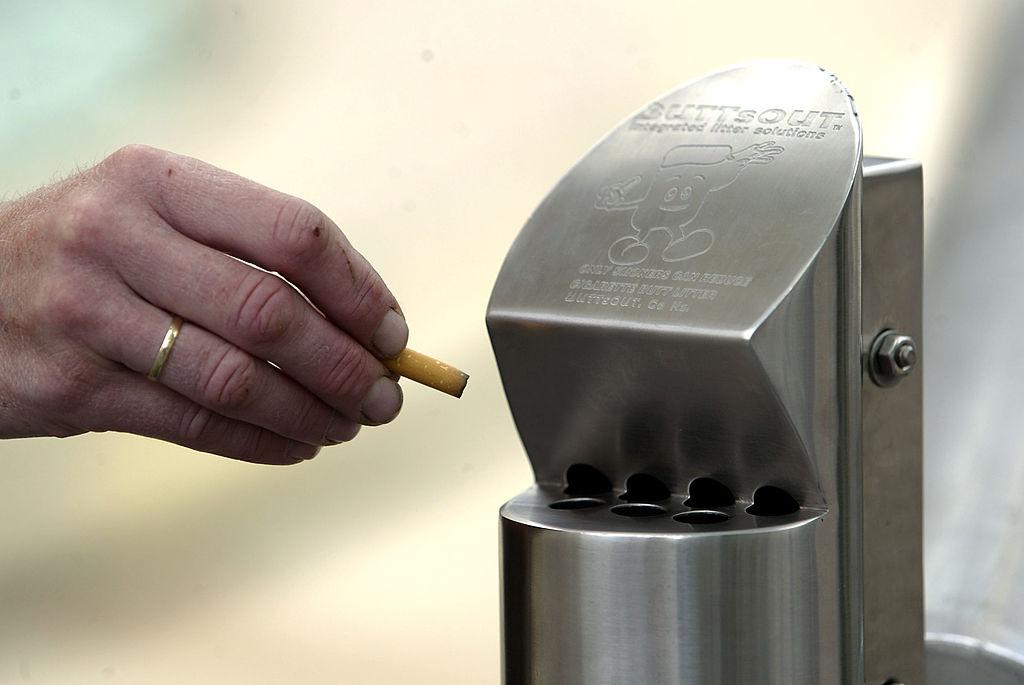A recent decision by the UK to introduce a cigarette ban has piqued the interest of Australia’s health minister, who said his government will be monitoring the ban closely.
On Oct. 5 UK Prime Minister Rishi Sunak, announced his government’s ambition to raise the smoking age by one year, every year, starting in 2027. The proposal means that any child in the UK who is 14 today will never be able to buy cigarettes legally. New Zealand has introduced a similar law.





